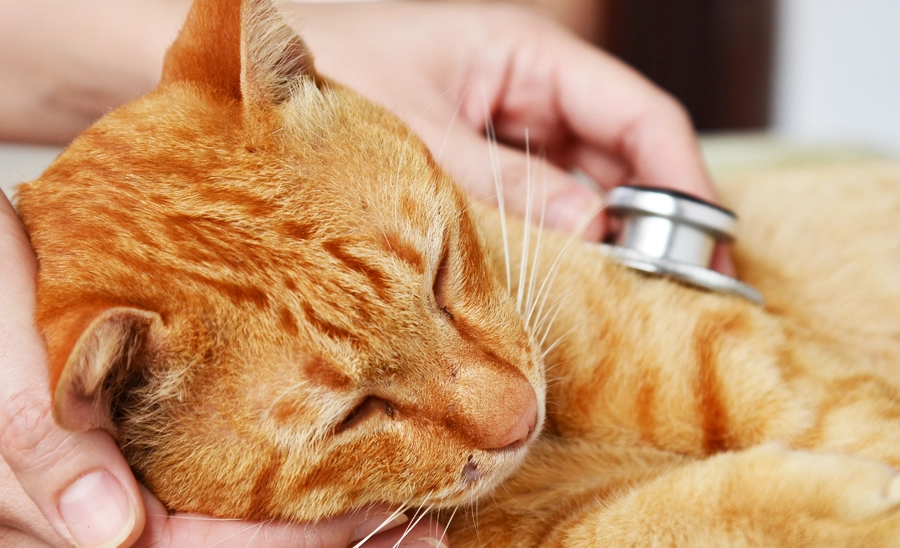
Owners will remember the first time their cat coughed up a hairball
The distress of watching your pet seemingly struggle as they hack and retch, followed by the putrid appearance of the hairball itself, is hard to forget. Funnily enough, hairballs are rarely ball-shaped and usually more closely resemble a cylinder of damp, tangled hair. They’re also rarely something to worry about, but why do they occur in the first place and can they be prevented?
Fortunately, hairballs are usually a sign of a cat that meticulously grooms itself. With every lick of the coat, dead hair is dislodged and swallowed. Long-haired breeds that shed excessively and spend more time grooming will also obviously swallow more hair than their shorter-haired cousins. Most hair will pass through an animal’s digestive tract normally, but some will remain in the stomach and gradually collect other strands until a ‘ball’ is formed.
That undigested hairball will eventually need to be expelled for the comfort of your cat, and that usually happens with a bit of a cough and a vomit. Most experts agree that coughing up one hairball every week or so is ‘normal,’ but if you’re worried that your cat is distressed or struggling too much when coughing up hairballs, you should seek veterinary advice. Frequent coughing in any pet is not ‘normal’ and may be a sign of a serious condition such as asthma, or bronchitis, which needs urgent veterinary attention.
Too many hairballs can also be a sign of excessive grooming. Cats can ‘over-groom’ when they are experiencing stress. If you’re worried that your cat’s grooming is stress-induced, that’s another reason to seek help from your vet.
In rare cases, a hairball may move from a cat’s stomach into their intestine. This is a medical emergency that needs to be treated by a vet immediately. Signs that your cat’s hairball has moved to the intestine may include repeated retching and coughing with no sign of the hairball itself. Your cat may also lose its appetite and appear lethargic and disorientated (these can also be symptoms of other serious medical conditions). Your vet will be able to rule out worst case scenarios with an examination that may include an x-ray.
Despite hairballs being a mostly harmless sign of thorough self-grooming, there are several steps pet owners can take to prevent their accumulation in cats’ stomachs. The most obvious first step is to reduce your cat’s need to groom by doing it for them. This could take the form of daily coat brushing and combing, or sending your cat to a professional for a proper haircut. The less hair on the cat’s body, the less hair there is to be swallowed.
Hairballs can also include foreign objects such as dust, thread, string or other potential hazards that accumulate in spaces frequented by our cats. Keeping a tidy home and particularly a clean floor can reduce the risk of your cat ingesting foreign objects that become entangled and undigested in their stomachs.
There are also a range of commercial products and remedies marketed towards preventing hairballs. Usually these are similar to lubricant and laxative-like products, and should not be given to pets before seeking advice from a professional like your vet.
And, as unpleasant as it can be, it’s also important to keep an eye on the hair that does pass through your cat’s digestive tract in the ‘usual’ way. If you notice excessive amounts of hair accumulating in your cat’s faeces, or they’re having trouble with constipation or diarrhoea, it’s also a sign that you should be seeking help from a vet.





